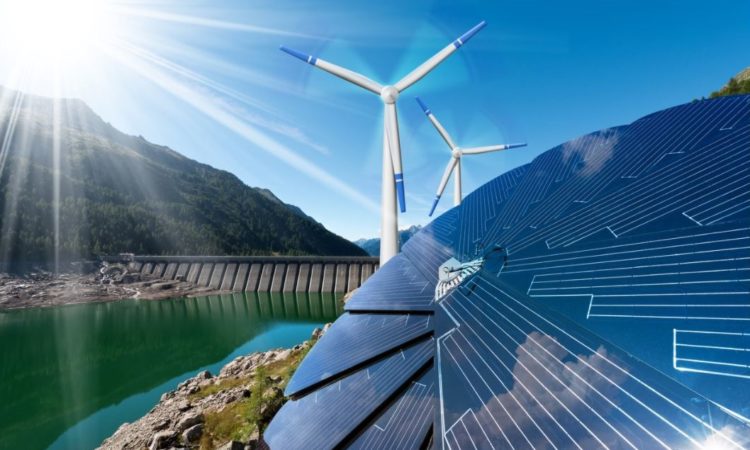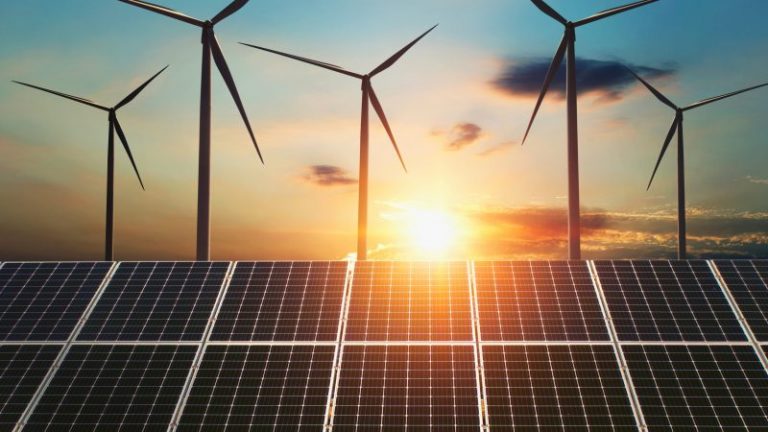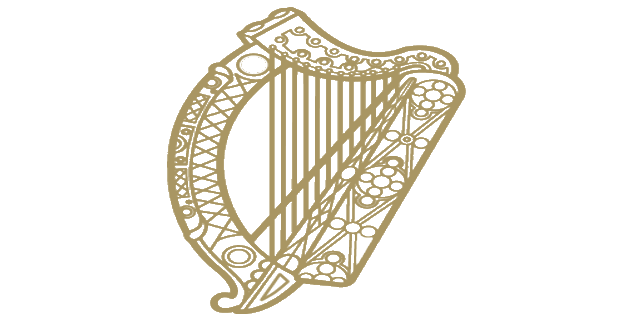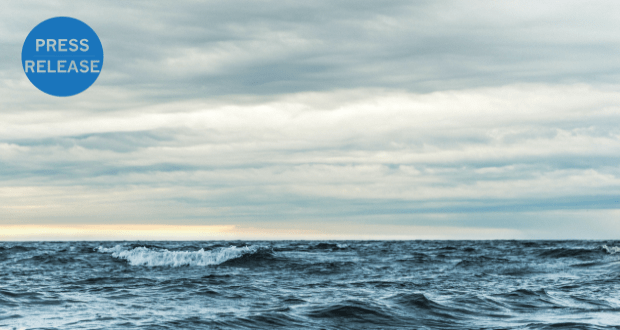These figures, which were published this week, mean that the EU is only 0.3% from reaching its target of a 20% renewable energy share by 2020.
Building on this progress, further increasing the use of renewable energy is a cornerstone of the European Green Deal.
European Commissioner for Energy Kadri Simson said: “The continued increase in renewable energy use in the EU is positive news. Our energy policies under the European Green Deal will focus on further growth in the renewables sector.”
Importance Of Renewable Energy
The commission has said that renewable energy is not only essential to reduce greenhouse gas emissions (GHG) but also to decrease dependency on imported fossil fuels and diversify the EU’s energy supplies.
With more than half of energy from renewable sources in its gross final consumption of energy, Sweden (56.4%) had by far the highest share among the EU member states in 2019, ahead of Finland (43.1%), Latvia (41.0%), Denmark (37.2%) and Austria (33.6%).
At the opposite end of the scale, the lowest proportions of renewables were registered in Luxembourg (7.0%), Malta (8.5%), the Netherlands (8.8%) and Belgium (9.9%).
Hungary, Austria and Portugal (at 0.4 percentage points from their national targets), Germany (0.6%), Malta (1.5%) and Spain (1.6%).
By contrast, still quite far from their targets are France (5.8% from national target), the Netherlands (5.2%), Ireland and Luxembourg (both at 4.0%).
Capital funding of €38 million has been allocated to support energy efficiency and renewable energy projects in the commercial and public sector in Ireland as part of Budget 2021.
Origina article: https://www.agriland.ie/farming-news/hedge-management-on-derogation-farms/



